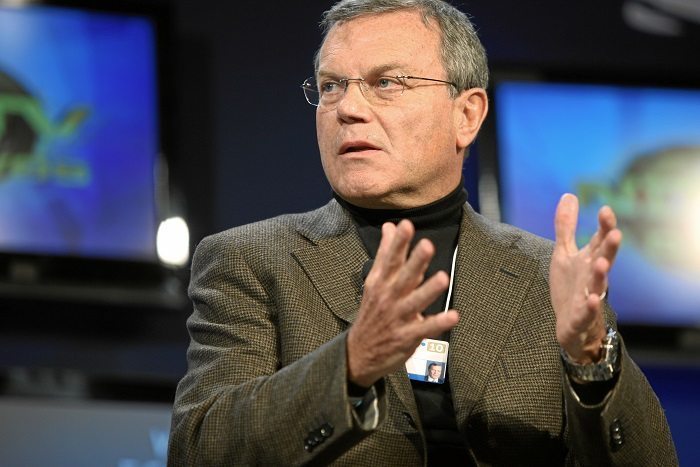The high-profile City boss (pictured) confirmed Wednesday that he was back in the game at the helm of Derriston Capital, with the aim of transforming the firm into a multi-national communication services business.
Sorrell contributed £40m of his own funds to engineer a £51m reverse takeover of S4, with £11m provided by institutional investors to become shareholders in Derriston, which has a standard listing on the London Stock Exchange.
Ahead of the stock exchange announcement, Sky News reported that several asset managers were funding Sorrell’s return, including Miton and Schroders.
Miton confirmed it was among the crop of shareholders backing the new vehicle but declined to comment on potential corporate governance concerns.
Schroders did not confirm or deny that it was supporting Sorrell, telling Portfolio Adviser it does not comment on market speculation and rumour.
Lombard Odier, identified as one of the mystery investors in the Sky News story, declined to comment.
Lord Rothschild’s investment firm RIT Capital Partners was also named in the initial report as a potential backer of Sorrell’s new venture.
According to Wednesday’s release, a handful of institutional investors have also pledged to provide up to £150m of further equity funding to support S4’s acquisition plans.
Sorrell will serve as executive chairman of Derriston Capital, now rebranded as S4 Capital.
Merrill Lynch alumnus Paul Roy and HSBC’s managing director of investment banking Rupert Faure Walker have been named as non-executive directors on completion of the acquisition.
Governance concerns
The support from mainstay fund groups comes shortly after Sorrell found himself in hot water for alleged governance failings.
Sorrell left WPP, the company he helped transform over three decades into a multi-billion-pound FTSE 100 business, abruptly in April, following an investigation into an allegation made by a whistleblower about his personal conduct and use of company money.
WPP did not provide further details on the outcome of the investigation, except to say the matter had been concluded and the “allegation did not involve amounts that are material”.
Sorrell’s departure was treated as him having retired from the firm, entitling him to receive share awards payouts for the next five years, now worth around £19m.
Some commentators said that the nature of his swift exit raised governance red flags and put executives’ oversized pay packets into perspective.
At the time, Luke Hildyard director at the High Pay Centre referred to Sorrell as a “domineering, hegemonic figure on whom WPP is over-reliant”.
“The fact they felt the need to pay him such vast sums presumably to retain his services suggests the company is perhaps in a position it shouldn’t be in,” he said at the time.
The largest bonus pay package Sorrell received during his tenure as CEO of WPP was over £70m in 2015.










